SourceForge pulls Anonymous OS due to ‘security risk’
The site distributing the questionable operating system has removed it from the site just one day after launch.


SourceForge prides itself on its lack of judgement on the internet, but even it has drawn the line with the operating system, reportedly launched by hacktivist group Anonymous.
Yesterday, the site began hosting the file for users to download the Linux-based OS, which some claimed to be the work of Anonymous, designed to help get around security protections and increase the capabilities of its hacker followers.
Today has seen SourceForge remove the file and release a statement claiming it now believes it is a security risk.
"We looked at the project and decided that although the name of the project was misleading (we see no evidence that it is connected with Anonymous) it appeared, on initial glance, to be a security-related operating system, with, perhaps, an attack-oriented emphasis," read a blog post from the website's team.
"However, as the day progressed, various security experts have had a chance to take a look at what's really in this distribution, and verify that it is indeed a security risk, and not merely a distribution of security-related utilities, as the project page implies."
The blog added: "We have therefore decided to take this download offline and suspend this project until we have more information that might lead us to think differently. We'll be in touch with the project admin, and let you know if and when we find out anything to contrary, but for now, that's what we're doing."
Despite SourceForge's decision, which wasn't taken lightly due to its "struggle with taking a project offline," the jury is still out on whether the OS is a risk to users downloading it.
Get the ITPro daily newsletter
Sign up today and you will receive a free copy of our Future Focus 2025 report - the leading guidance on AI, cybersecurity and other IT challenges as per 700+ senior executives
Graham Cluley, senior technology consultant at Sophos, told IT Pro yesterday that users should be wary of the software, claiming it might even be used by Federal authorities to track user activity.
However, Rik Ferguson, director of security research for Trend Micro, told us today he saw little threat from the OS.
"I haven't seen any evidence of malicious activity within the OS yet," he said. "It's just basically a (very) poor-man's Backtrack."
SourceForge is sticking by its decision for now, but has said it will keep an eye on the OS in case it becomes viable to distribute again.
"We always struggle with taking a project offline, even one that seems, on the face of it, to need it," added the blog. "The reason for this is that we have been entrusted with thousands of projects, by thousands of developers, and we are always at risk of making a judgement about a project that looks malicious, and isn't."
"We don't want to forfeit the trust of the developer community in exchange for the trust of the user community, or vice versa. It's a tightrope we must walk every time we encounter a project that seems a little suspicious."
SourceForge concluded: "We believe that this is the right decision in this case, but will continue to dig into it, to ensure that we've gone the right direction."
Jennifer Scott is a former freelance journalist and currently political reporter for Sky News. She has a varied writing history, having started her career at Dennis Publishing, working in various roles across its business technology titles, including ITPro. Jennifer has specialised in a number of areas over the years and has produced a wealth of content for ITPro, focusing largely on data storage, networking, cloud computing, and telecommunications.
Most recently Jennifer has turned her skills to the political sphere and broadcast journalism, where she has worked for the BBC as a political reporter, before moving to Sky News.
-
 Asus ZenScreen Fold OLED MQ17QH review
Asus ZenScreen Fold OLED MQ17QH reviewReviews A stunning foldable 17.3in OLED display – but it's too expensive to be anything more than a thrilling tech demo
By Sasha Muller
-
 How the UK MoJ achieved secure networks for prisons and offices with Palo Alto Networks
How the UK MoJ achieved secure networks for prisons and offices with Palo Alto NetworksCase study Adopting zero trust is a necessity when your own users are trying to launch cyber attacks
By Rory Bathgate
-
 A journey to cyber resilience
A journey to cyber resiliencewhitepaper DORA: Ushering in a new era of cyber security
By ITPro
-
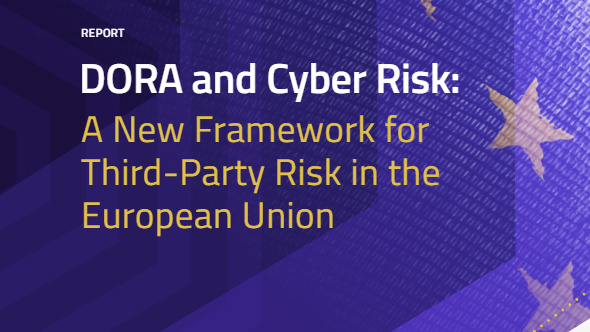 A new framework for third-party risk in the European Union
A new framework for third-party risk in the European Unionwhitepaper Report: DORA and cyber risk
By ITPro
-
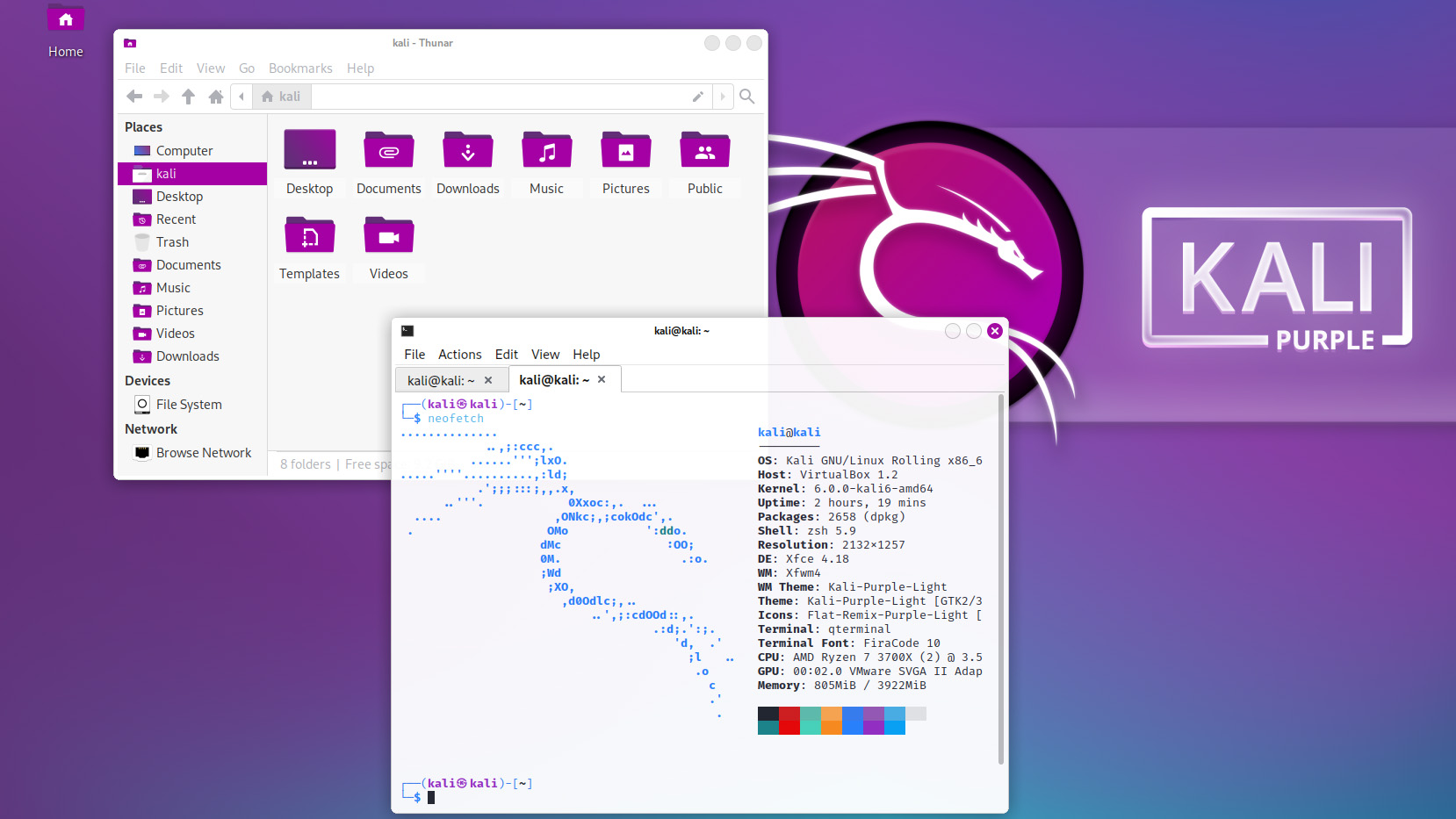 Kali Linux releases first-ever defensive distro with score of new tools
Kali Linux releases first-ever defensive distro with score of new toolsNews Kali Purple marks the next step for the red-teaming platform on the project's tenth anniversary
By Rory Bathgate
-
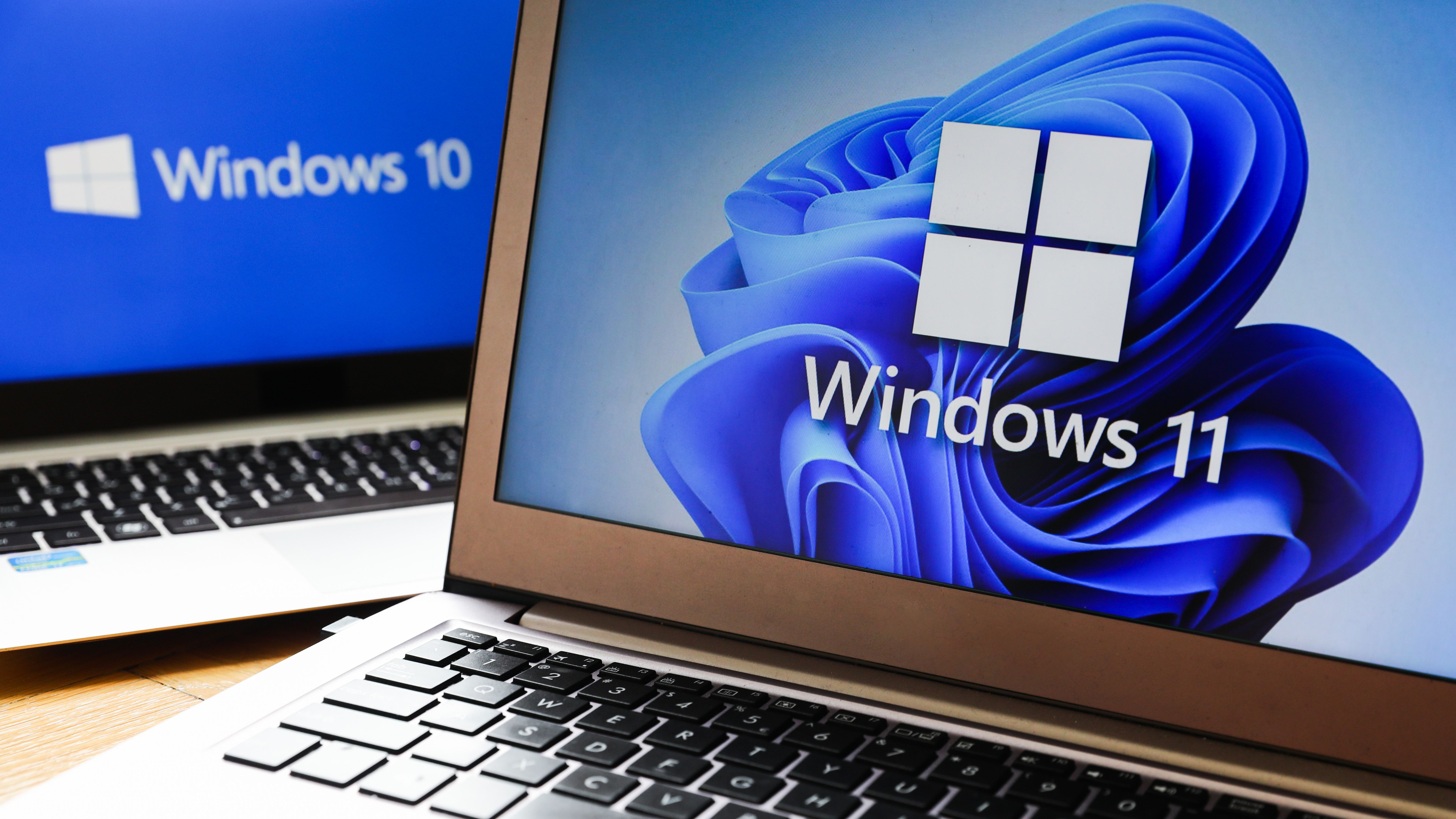 Microsoft releases scripts to restore shortcuts deleted in faulty Windows Defender update
Microsoft releases scripts to restore shortcuts deleted in faulty Windows Defender updateNews However, some users have resorted to creating their own fixes as they’ve encountered Microsoft’s to be problematic
By Zach Marzouk
-
 Windows Defender update deletes Start Menu, Taskbar, Desktop shortcuts
Windows Defender update deletes Start Menu, Taskbar, Desktop shortcutsNews For now, it appears that administrators will have to manually recreate their shortcuts once the issue has been fixed
By Zach Marzouk
-
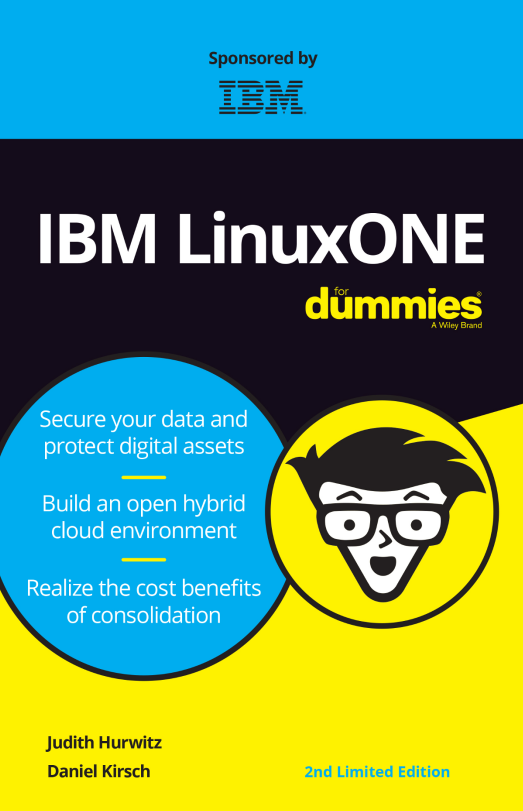 IBM LinuxONE for dummies
IBM LinuxONE for dummiesWhitepaper Secure your data, build an open hybrid cloud environment, and realise the cost benefits of consolidation
By ITPro
-
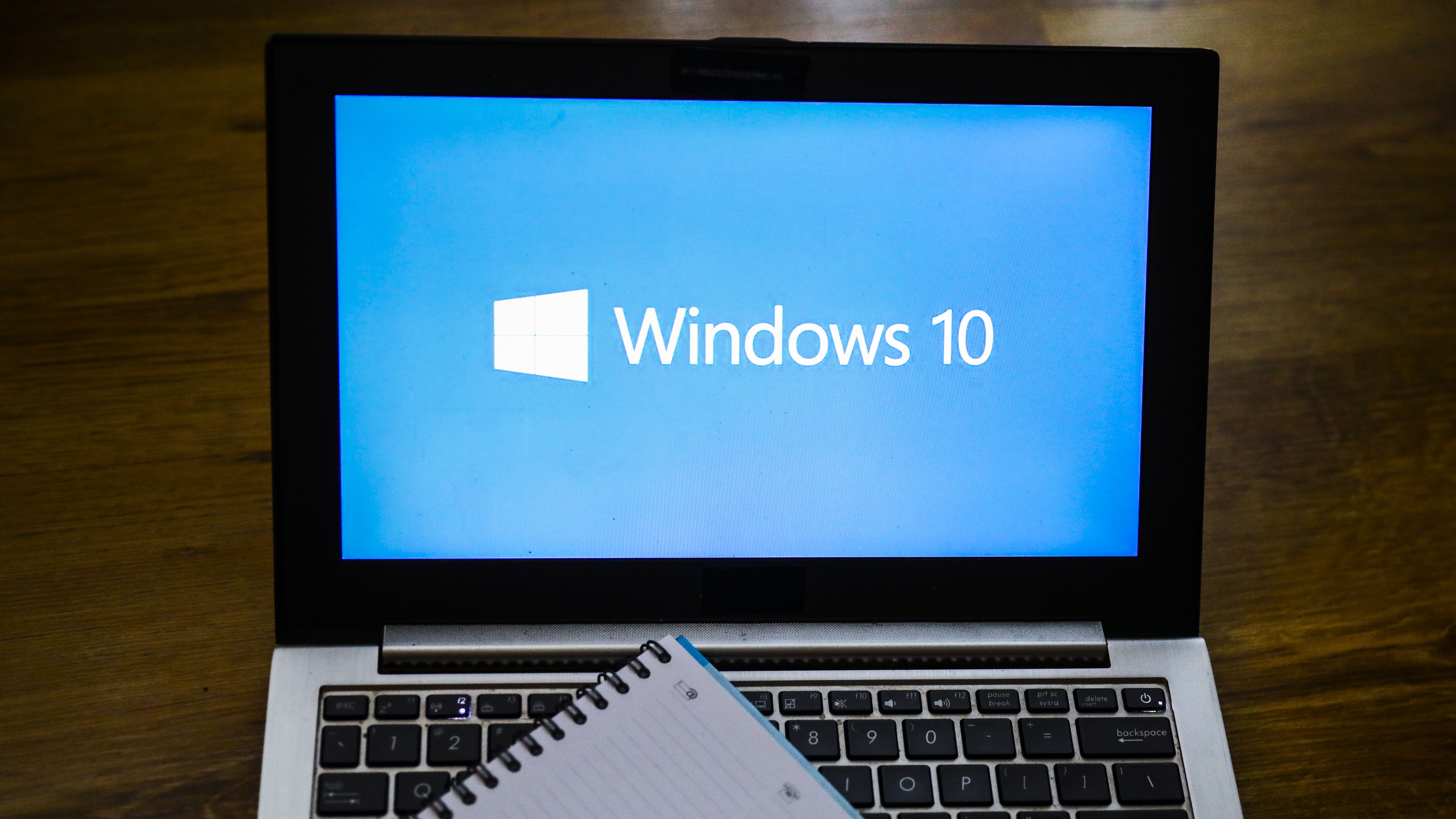 Windows 10 users encounter ‘blue screen of death’ after latest Patch Tuesday update
Windows 10 users encounter ‘blue screen of death’ after latest Patch Tuesday updateNews Microsoft said it is working on a fix for the issue and has offered users a temporary workaround
By Ross Kelly
-
 Apple issues fix for ‘actively exploited’ WebKit zero-day vulnerability
Apple issues fix for ‘actively exploited’ WebKit zero-day vulnerabilityNews The update marks the 10th fix for zero-day vulnerabilities this year
By Ross Kelly